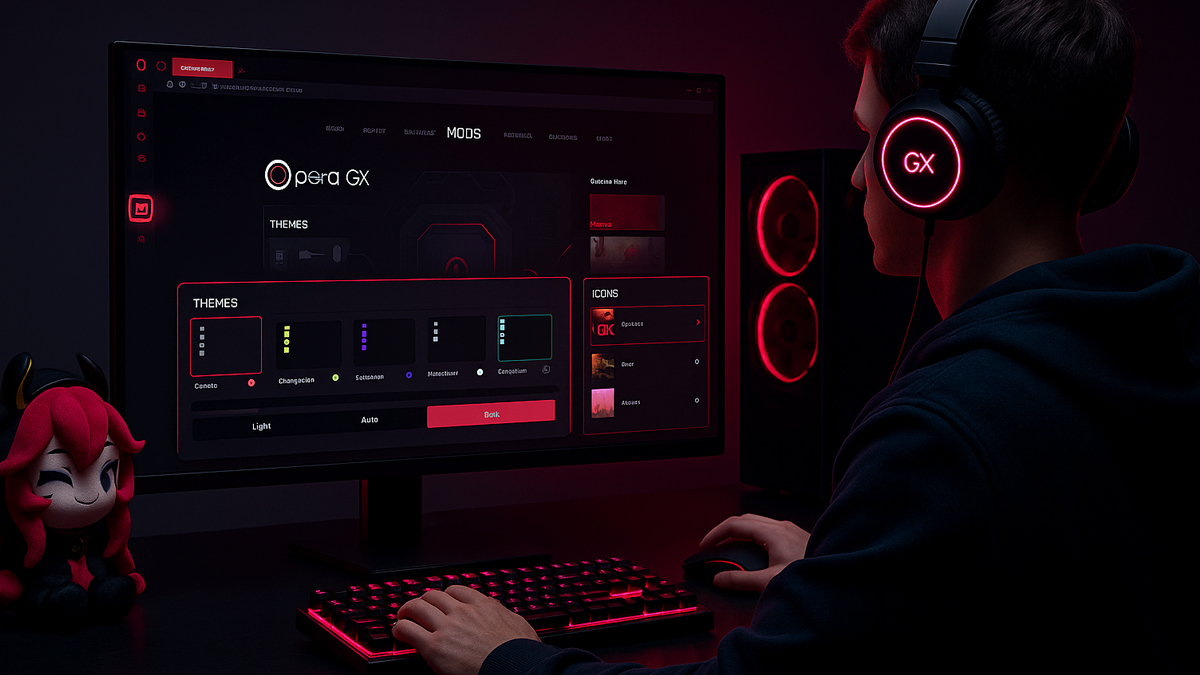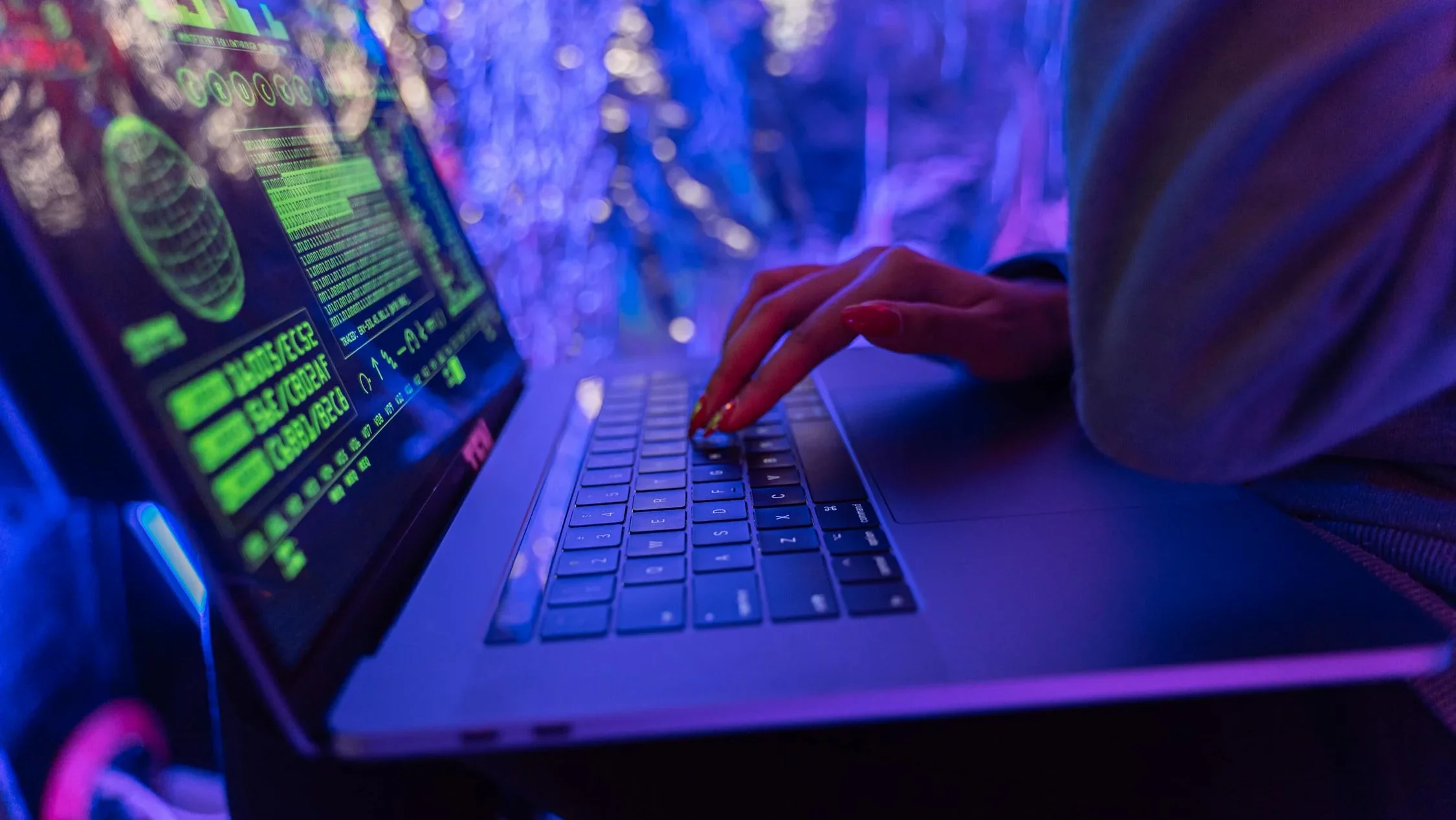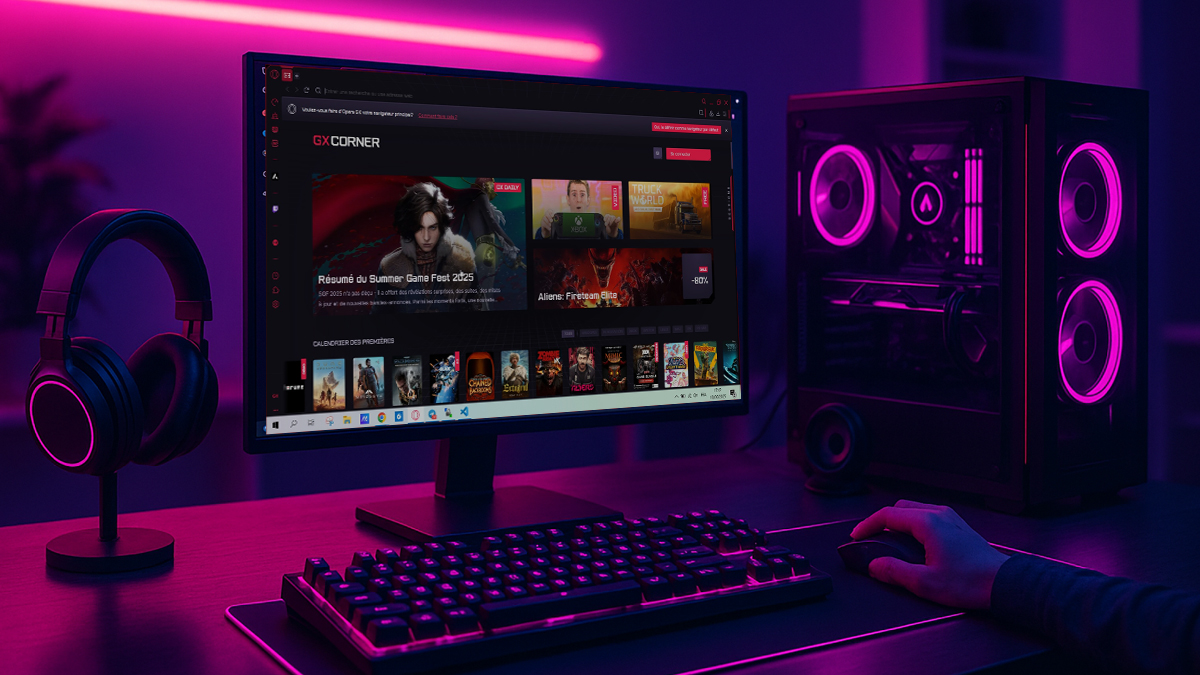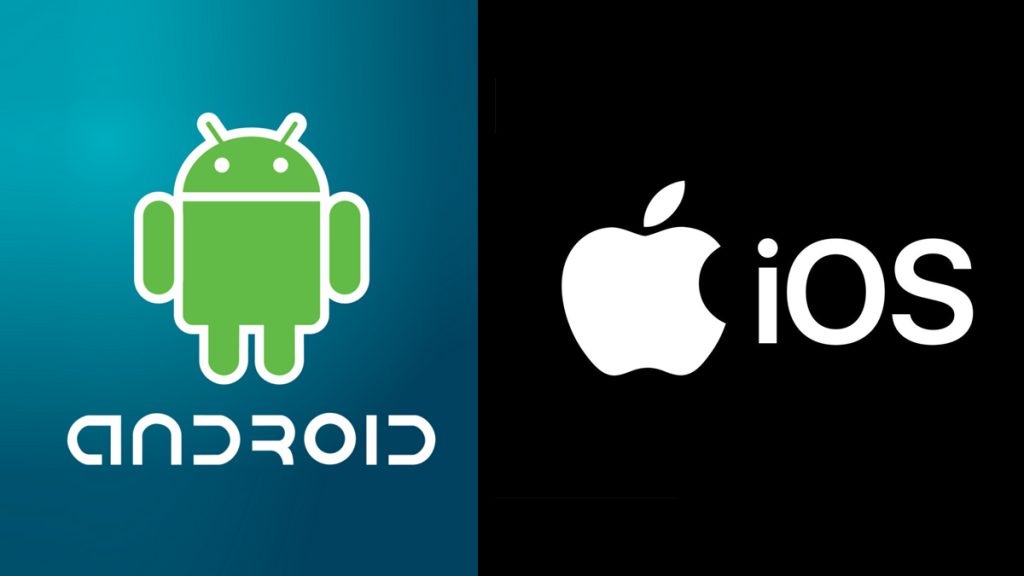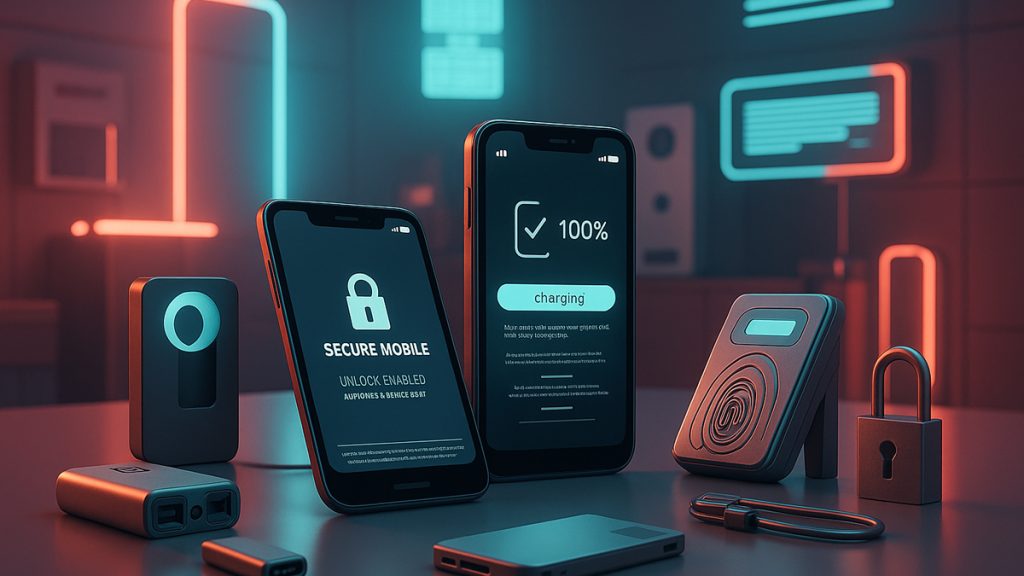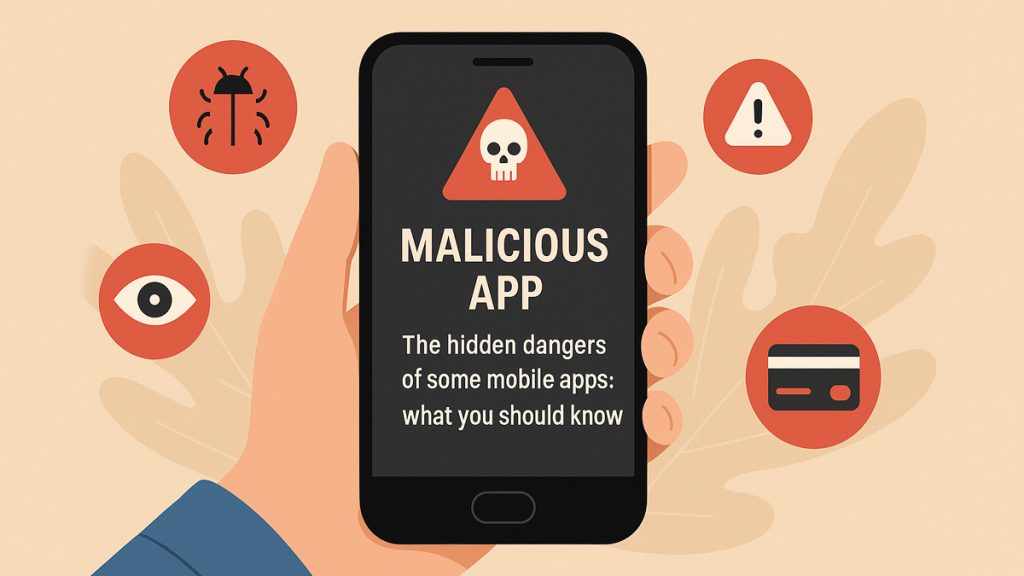Intro: a long-running debate
Ask ten people which phone is more secure—Android or iPhone—and you’ll probably get ten confident answers, all pointing in different directions. It’s one of those long-standing tech rivalries that feels almost personal. Like coffee vs tea. Or cats vs dogs.
At the heart of the debate is a philosophical divide. Apple’s iOS is a tightly controlled ecosystem. Everything passes through Apple’s hands—from app approvals to system updates. Android, meanwhile, is rooted in open-source ideals, with Google at the center, but with a lot more room for device makers and users to shape their own experience.
So the question is: are you safer using something that’s locked down and polished, or something you can tweak (and potentially break) yourself? Is your phone more secure because someone else guards the gates—or because you understand how to watch them yourself?
Security strengths of each platform
Both iOS and Android have come a long way. They’ve learned from early mistakes and adapted to the growing threat landscape. But they take different paths to get there.
On the iOS side, Apple takes a walled-garden approach—and that’s not a bad thing, at least when it comes to security.
- Sandboxing: Every app runs in its own little bubble. It can’t touch other apps’ data unless you explicitly give permission. This makes it harder for one app to infect or spy on another.
- App Store controls: Apple’s app review process is notoriously strict. That means fewer chances for malware to sneak in. Sure, it can still happen—but it’s rare, and usually caught quickly.
- Consistent updates: When Apple releases a new iOS version, it hits most iPhones at once. This reduces the window of vulnerability, which is a big deal in a world of fast-moving threats.
Android, meanwhile, plays a different game. It leans into flexibility and user freedom, which has pros and cons.
- Google Play Protect: This built-in service scans apps (even those installed outside the Play Store) for harmful behavior. It’s constantly updated with new threat intelligence, and works quietly in the background.
- More user control: On Android, you can do more under the hood—like install apps from anywhere, customize permissions deeply, or even replace the operating system. For tech-savvy users, that’s empowering. For others, it can be risky.
- Fragmentation: Here’s the downside. Android runs on a huge variety of devices, and not all of them get timely updates. Some phones might still be stuck on Android 12 while Android 14 is rolling out patches. That lag creates security gaps.
Here’s a quick side-by-side:
| Feature | iOS | Android |
|---|---|---|
| App control | Strict App Store reviews | More freedom, more risk |
| System updates | Consistent across devices | Varies by manufacturer |
| User control | Limited but curated | High flexibility |
Real-world threats & vulnerability trends
In the real world, no platform is bulletproof. Over the past few years, both Android and iOS have had their “oops” moments. Think zero-day exploits, spyware leaks, or bugs that allowed apps to secretly record you.
Take Pegasus, for example. This advanced spyware targeted iPhones, often using zero-click attacks—meaning the victim didn’t even need to tap anything. It bypassed Apple’s security walls using obscure vulnerabilities. Apple patched them fast, but the damage was already done for some.
On the Android side, malware distribution often happens through third-party app stores or sideloading shady APKs. Some malware variants even spoof legit apps to trick users. Google’s Play Store has also been caught off-guard a few times, though Play Protect now catches many threats before they spread widely.
The key difference often lies in response time. Apple tends to push security fixes within days, and you’re likely to get them immediately. With Android, it depends on your device. A Google Pixel will update fast. But a random budget phone from 2022? Maybe not.
And then there’s government surveillance. Countries around the world—some more openly than others—are finding ways to target both platforms. From zero-days to spyware to backdoors, this isn’t just about sketchy apps anymore. It’s high-level digital espionage. And that affects everyone, not just politicians or journalists.
Final thoughts: security depends on the user too
So, which is more secure? It depends—on your phone, your habits, your risk level. iOS offers more built-in guardrails. Android gives you tools and freedom. Both are solid in 2025, but neither will save you from clicking that weird link in your texts.
Be smart. Update your phone. Avoid sketchy apps. And remember: no OS can protect you from your own curiosity.

